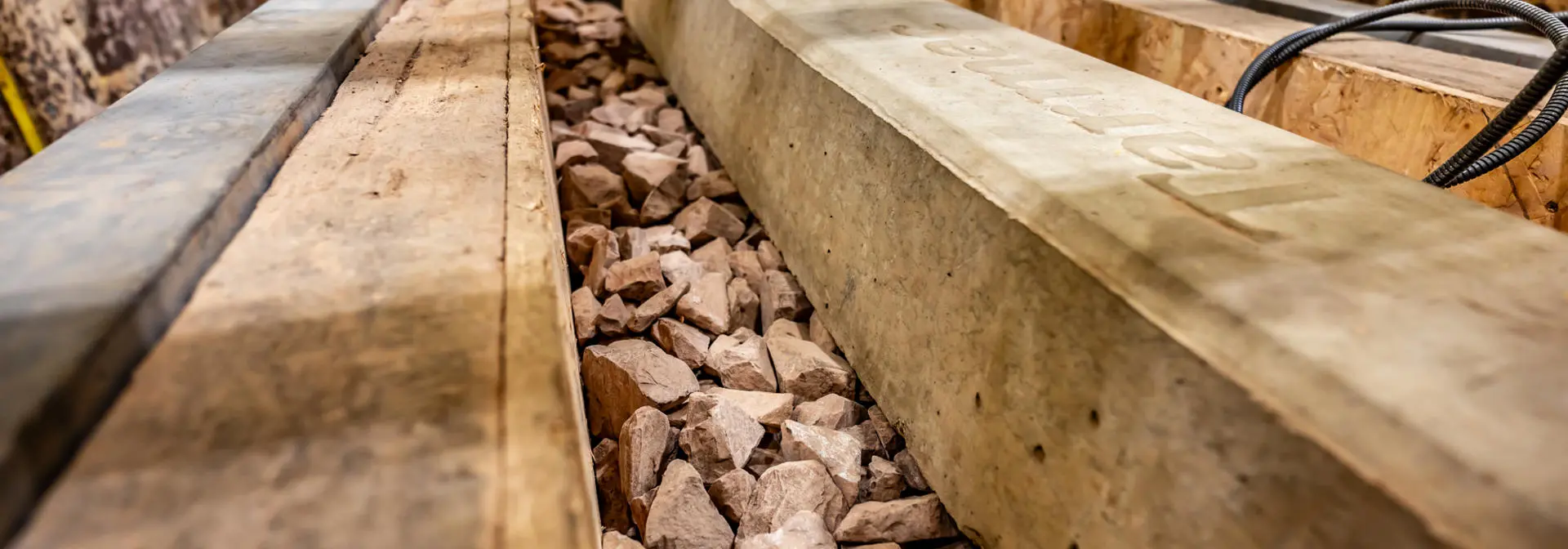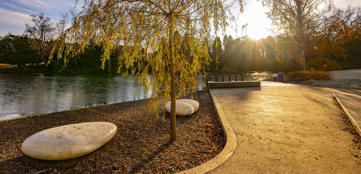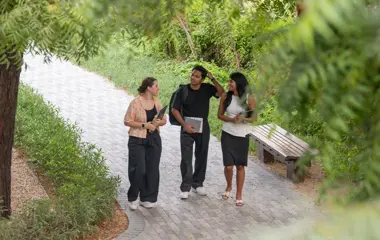Key information
- Funding
- Self-funded
- School
- Energy, Geoscience, Infrastructure and Society
- Location
- Edinburgh
- Delivery type
- Full-time, Part-time
- Start date
- September
Carbon Capture and Storage (CCS) is widely regarded as a key technology in the medium term to reduce carbon emissions from the energy industry during the transition to renewable energy generation, and in the longer term to decarbonise refining, iron and steel, cement, chemical and other industries. According to the International Energy Agency (IEA), CCS is the most important technology option for reducing direct emissions from industry, with the potential to mitigate 2 to 2.5 Gigatonnes of CO2 per year globally by 2050. Achieving this target affordably requires a combination of cutting edge expertise in subsurface engineering and some very creative thinking.
Heriot-Watt University, along with partners University of Edinburgh and the British Geological Survey (BGS), were the founder members of Scottish Carbon Capture and Storage (SCCS) in 2005. However, CO2 as an injectant for EOR has been studied at Heriot-Watt University since the 1980s. Many projects have been conducted in collaboration with our partners in SCCS, and we also deliver projects in collaboration with other universities, consultancies and industrial partners. Funding has come from research councils, government agencies and industry, sometimes as one-to-one studies, but mainly through consortia.
Research projects
Researchers in the CCS Group use experimental and numerical modelling techniques to address questions about CO2 injectivity, the mechanisms of oil mobilisation during CO2-EOR, CO2 migration and trapping from pore scale to basin scale, and the security of storage over thousands of years. These activities all contribute to a better understanding of the risk assessment, management, optimisation and cost reduction in CO2 injection operations.
The group draws heavily on expertise developed in petroleum engineering disciplines such as reservoir description, fluid phase behaviour, flow in porous media, geomechanics, geochemistry and flow assurance to tackle the current subsurface technical challenges facing CCS. Postgraduate students carry out research on the fundamental understanding of CO2 behaviours in the subsurface, and also on very applied studies, some of which use field data supplied by funders and partners. The tools used include core flooding equipment, micromodel visualisation cells, pore scale network models and commercial reservoir simulation suites such as CMG and ECLIPSE.
The group’s successes have included a CO2 leakage prevention technology developed by Professor Sohrabi being awarded a major prize in the Shell Springboard competition, and the group’s research has led to contributions to books, major reports that have achieved national and international prominence and numerous publications.
Entry requirements
Candidate criteria
Please contact the institute to discuss using the form below.
English language requirements
If your first language is not English, we'll need to see evidence of your English language ability.
The minimum English language requirement for entry to this programme is IELTS 6.5 (or equivalent) with no score lower than 6.0.
If you do not have IELTS 6.5, we offer a range of English language courses to help you meet the English language requirement for this programme prior to commencing your studies.
For more information about your application and our English Language requirements, please see Section 10 of our page on English Language Requirements as part of your application.
Funding information
| Status | Full Time | Part Time |
|---|---|---|
| Scotland | £5,151 | £2,575.50 |
| England / Wales / N Ireland | £5,151 | £2,575.50 |
| International | £20,456 | £10,228 |
- Status: Your residency status is usually defined as the country where you have been ordinarily resident for the three years before the start of your course.
- International: 'International' includes applicants from European Union countries who do not hold Pre-Settled or Settled status in UK. (This does not include students from the Republic of Ireland - see above).
We offer a number of competitive funded scholarships for research degrees. Full or partial support may be available for well-qualified candidates from UK research councils, research pools, charities or industry.
View our full range of scholarships.
Why Heriot-Watt
We're the top university in Scotland for graduate outcomes which means that more of our graduates are employed or in postgraduate education than any other institution in the country and we ranked 5th in the UK.
We're also rated number one in the UK for CEO or MD roles, meaning more of our graduates go on to become CEOs or MDs than any other university in the whole of the UK. On top of that, we have beautiful campuses, across the globe, so you'll get a truly international education. Our Edinburgh Campus is home to Oriam, Scotland's National Sports Performance Centre combined with plenty of wellbeing resources, prioritising fitness and mental health for all students. Our Global Research Institutes look at solving real world issues such as climate change and saving our oceans as well as working on the next medical technological breakthrough and the future of AI and robots.


